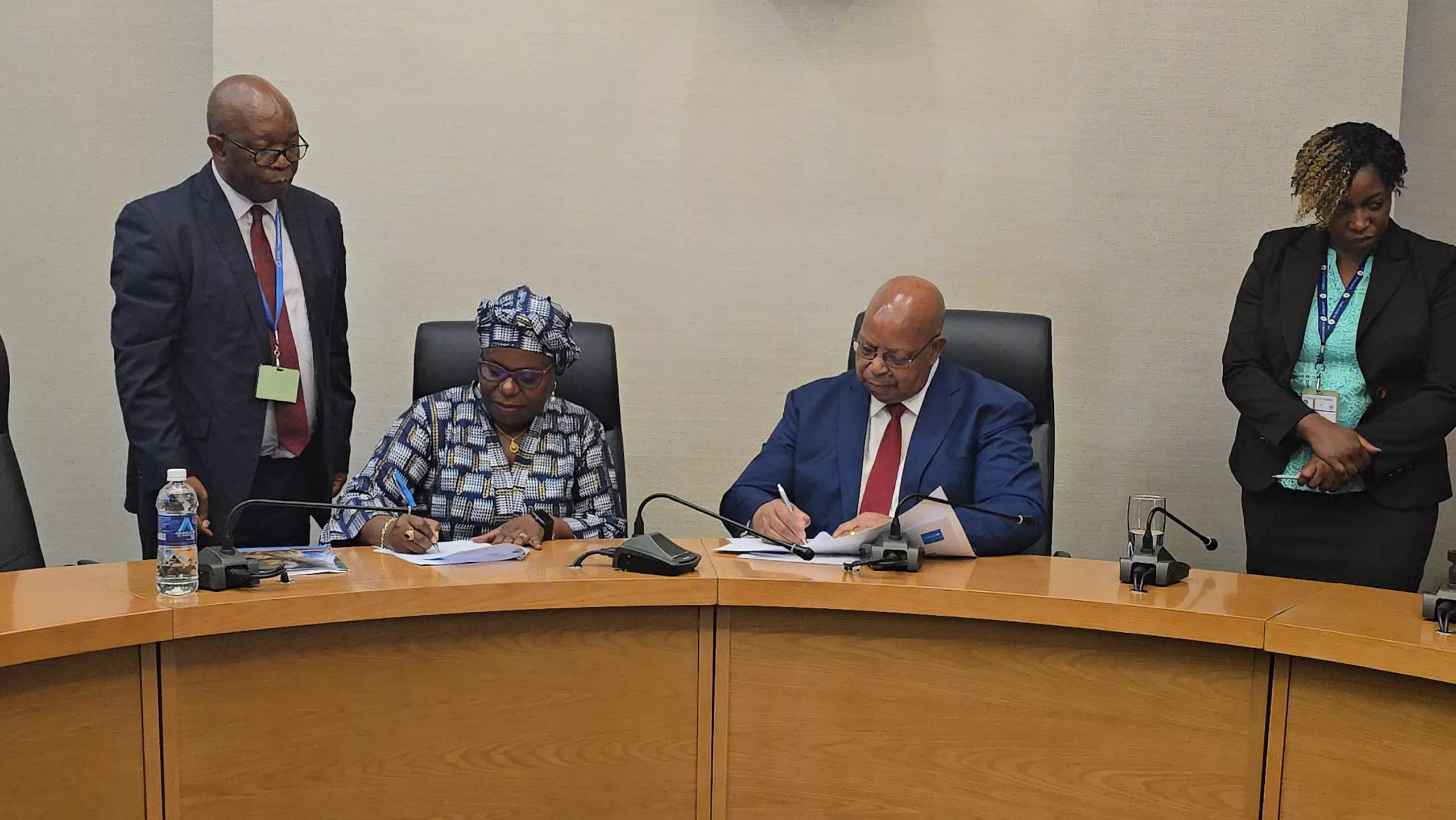|
Getting your Trinity Audio player ready...
|
The Parliament of Zimbabwe and UNICEF on Tuesday 15 April 2025 officially signed a landmark Memorandum of Understanding (MoU) to formalize and strengthen their collaboration in promoting the rights and well-being of children and women in Zimbabwe.
The MoU, which was five years in the making, includes the Zimbabwe Institute Board, the Zimbabwe Women Lawyers Association, and Veritas. It reflects a shared commitment to deepening engagement on critical issues affecting children and to building a more structured and impactful partnership between the two institutions. While there have been collaborations in the past on various initiatives such as capacity building, policy dialogue, and advocacy, this agreement now provides a clear framework for joint planning and implementation.
“The signing of this MOU marks the beginning of a renewed journey of cooperation. We affirm our shared commitment to building a democratic, inclusive, and accountable parliamentary ecosystem,” said Speaker of Parliament, Advocate Jacob Mudenda.
Through this partnership, the institutions will work together to support evidence-based policymaking, improve oversight and accountability for child-focused budgets and legislation, and enhance citizen participation in national development processes.
“Through its legislative and oversight functions, Parliament has the power to influence policies, budgets, and programmes that directly impact the lives of children. This partnership will ensure that children’s voices and needs are placed at the heart of national decision-making processes,” said UNICEF Representative, Etona Ekole.
The agreement also builds on the momentum created by the establishment of the Child Rights Caucus and Parliament’s ongoing work to promote girls’ education, access to sanitary products, and efforts to eliminate corporal punishment in schools.
A joint work plan outlining key areas of collaboration has been developed and will guide efforts over the next two years. This work plan will be co-funded by both institutions and will focus on delivering practical, measurable outcomes for children across Zimbabwe.






